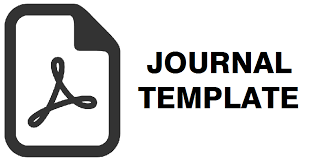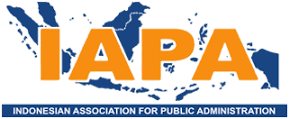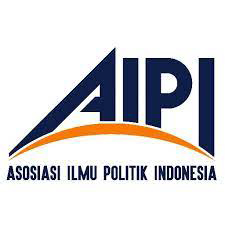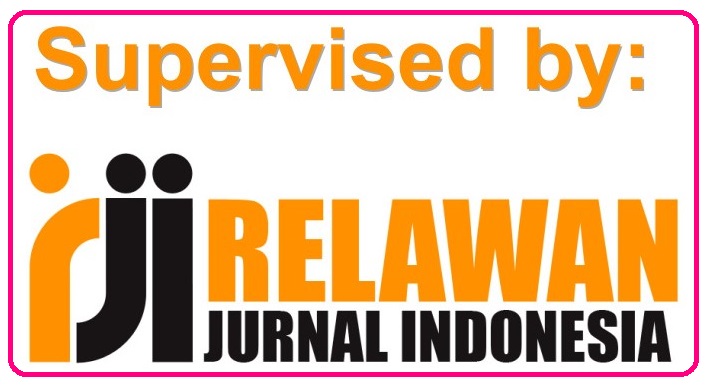National Dialogue or Election Matters in Ethiopia: Critical Analysis Of The Current Political Situation And The 6th National Election
Abstract
In Ethiopia, elections had been conducted at different times. The general election was held for the first time in 1992. Since then, the country has made four consecutive elections; however, almost all elections were accompanied by complains of opposition parties, pre, and post-election conflicts. Nowadays, Ethiopia is a country where divided interests are underway due to ethnic conflict and political uncertainties that happened as the result of the absence of elites’ consensus on varieties of unanswered national concerns, identity, and political questions. Surrounded by all the aforementioned problems, the government has held the sixth national election. Even if the election was said orderly, peaceful, and credible by some observers accredited by the National Election Board of Ethiopia, the election was not conducted in many parts of the country due to ethnic conflict. In line with this, the USA and EU said that the election was not democratic and credible because the current political atmosphere of the country wouldn’t conducive to conduct election; due to major opposition parties boycotted themselves from the election, influential politicians are imprisoned and ethnic clashes in many parts of the country. Therefore, to sustain the country as a unified state and reach into consensus on national issues the government had better initiate the national dialogue process and make a viable peace agreement with all conflicting parties rather than holding an election
Downloads
References
Anne Z.and Thania P. et'al . (2016). Natonal Dialogue as Inclusion Mechanism for Political Transition . Syracuse: Syracuse University.
Dawit Yohannes and Meresa Kahsu. (2020). National Dialogue in Horn Africa lesson to Ethiopia political Transition . Institute of Security Studies .
Jiregna Tadese. (2020). National Reconcilation and Major National Issues Pathways for Sustianable Paeace. Journal of Comtemporary African Studies, 2.
Kjetile T. (2010). The ethiopian 2010 federal and regional elections. re-establishing the one party state . Jouranl of african affairs , 121-122.
National Election Board of Ethiopia press release, June, 22, 2021, Retrieved June, 27, 2021 from the board website https://nebe.org.et/en/node/590 retrieved
Sofie. D. and Wolfgang.w. (2013). Designing election in conflict-prone divided socities in the case of south sundan. Franfurt, Germany.: Peace and research institute Frankfurt.
Tsion Belay and Michelle N. et'al. (2020). Ethiopia Conflic Insight. Addis Ababa: Institute of Peace and Security Studies.
Waldemar W. (2013). Functions of Elections in Democratic Systems. Research Gate, 27-31.
Wondwosen Teshome. (2009). Electorial violence in Africa:Expirence from Ethiopia . International journal of Humanities and social sciences .
Zemelak Ayitenew. (2018). Opinion: The Clamor For Own State In Ethiopia: Ill-Timed. reterived May 5.















